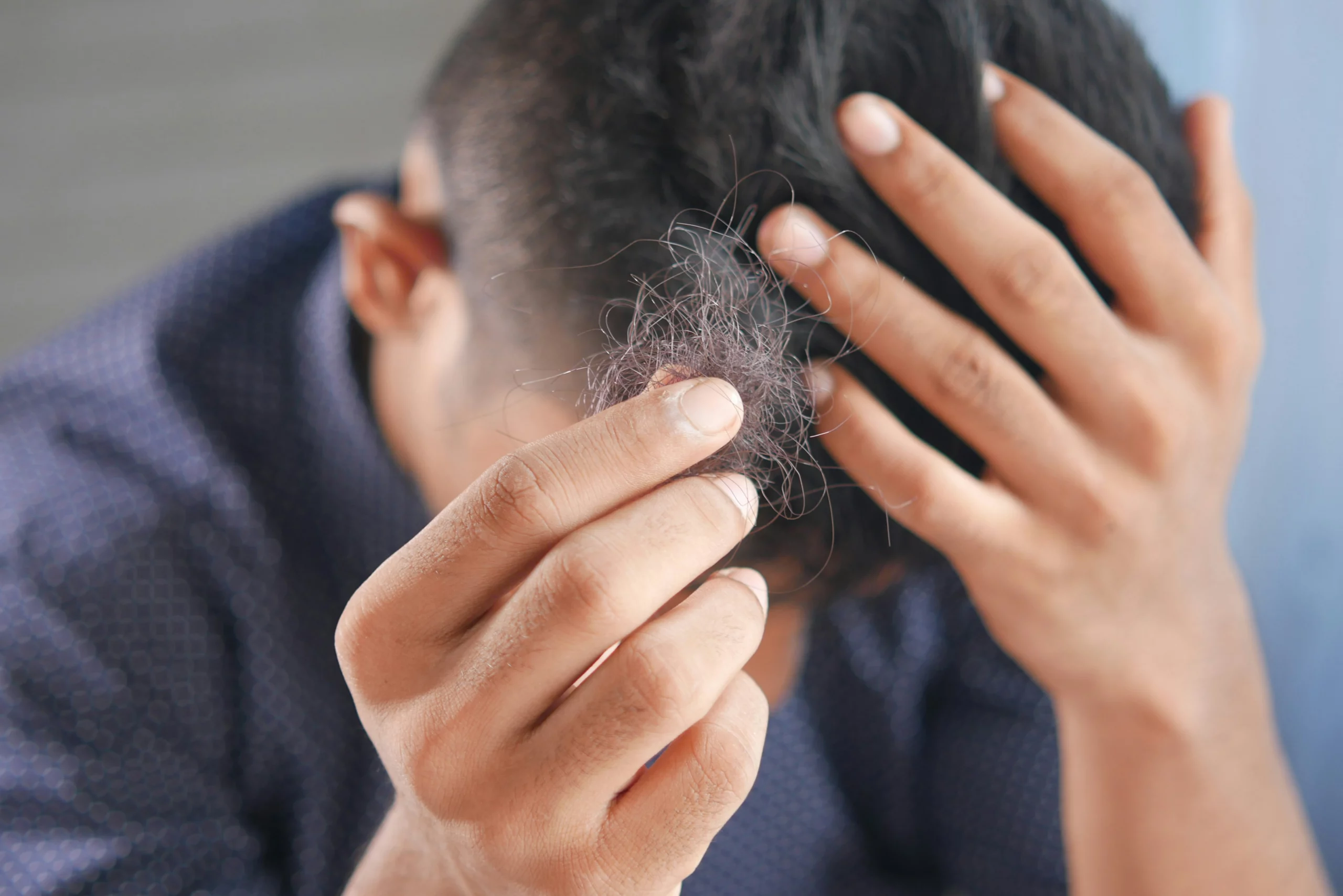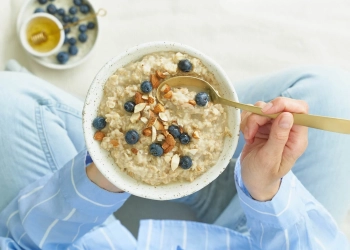More people are experiencing hair loss for reasons other than simple genetics. A 2024 release from MedPage Today, for example, reveals that people who’ve previously had COVID-19 are twice as likely to get the hair-attacking autoimmune disease alopecia areata. Meanwhile, the FDA is currently investigating reports that increasingly popular weight loss drugs like Ozempic put people at risk of hair fall.
Yet there’s one other factor that, years ago, science has already confirmed to have a link to hair loss: smoking. In fact, cigarette use can negatively impact hair health beyond simply causing you to lose it. Here’s all you need to know—and what you can do about it.
Smoking and Hair Health
Hair loss
This is the primary and most common effect smoking has on your hair. Cigarette smoke contains thousands of harmful chemicals that enter your lungs upon inhalation and penetrate the bloodstream. Here, they cause a buildup of plaque in your circulatory system that prevents a healthy amount of blood from reaching your hair. Smoking then boosts the production of the inflammatory protein cytokine, which scars hair follicles and causes strands to fall out. Once you exhale smoke outside the body, its free radicals cause oxidative stress that damages your DNA and impairs hair growth.
That means cigarette use doesn’t just cause hair loss—it also affects how long it takes for your hair to grow back. A study published in the International Journal of Trichology even finds that smoking is a major contributing factor to specific hair loss conditions like androgenetic alopecia. Though it’s the most common cause of hair loss in men, this disease can also occur in women.
Other negative impacts
Smoking can affect other aspects of your hair health, meaning it can do more than just cause your locks to fall out. For example, the 2018 review Complications in Hair Transplantation confirmed that smokers who undergo hair transplants are more likely to experience complications, like the death of skin tissue in the scalp. Meanwhile, the poor blood flow and oxidative stress discussed above can also make your hair drier and more brittle while decreasing collagen production. As a result, it can hasten the aging process—causing your hair to prematurely turn gray.
What you can do about it
Quit smoking
The best way to address this issue is to eliminate how much cigarette smoke your hair is exposed to. Since quitting is easier said than done, you can start by switching to alternative nicotine products like e-cigarettes (vapes). These produce nicotine-infused water vapor you can inhale, so they can satisfy the physical cues of smoking cigarettes. Various brands like ELF Bar even offer different vape flavors to make the transition easier (though some flavors are being banned in certain countries). E-cigarette vapor also contains significantly fewer harmful ingredients than cigarette smoke. As a result, UMass Amherst verifies that it can help you quit more effectively than traditional nicotine replacement products like patches and gum.
However, researchers have found that vaping can also cause your hair oxidative stress, with non-smokers experiencing oxidative stress levels 2 to 4 times higher after vaping than before. For a smoking cessation method without the toxins and free radicals of inhaling smoke or vapor, nicotine pouches have become a popular option. These pouches aresmall enough to fit between your gum and lip for up to an hour and slowly release the nicotine. The pouches on Prilla showcase popular brands like ZYN, On!, and VELO, which come not just in multiple flavors but also in different nicotine strengths, allowing the user to tailor their cessation levels to their exact needs. They’re completely smoke-free, so you may find them more useful for quitting without further damaging your hair—start at a specific dose and lower your consumption over time.
Boost hair recovery
To get your hair health back to where it was before you started smoking, you might want to support the recovery process as you quit. You can use various herbs to restart hair growth, with our article How To Make Rosemary Water For Hair? noting that spraying natural products like rosemary water directly onto your scalp can provide various anti-inflammatory and follicle-strengthening properties. There are also a few best practices you can try. Color treatments can make your strands more prone to breakage, as can brushing your hair when wet. By avoiding hair dye for a few months and only combing through your hair after letting it air-dry, you can help your locks grow back faster and stronger than ever.
Smoking can damage your hair health in more ways than one. Fortunately, you can try these tips to remedy the issue. For similar pieces on everything from lifestyle to technology, check out our other posts here on USA Periodical.















